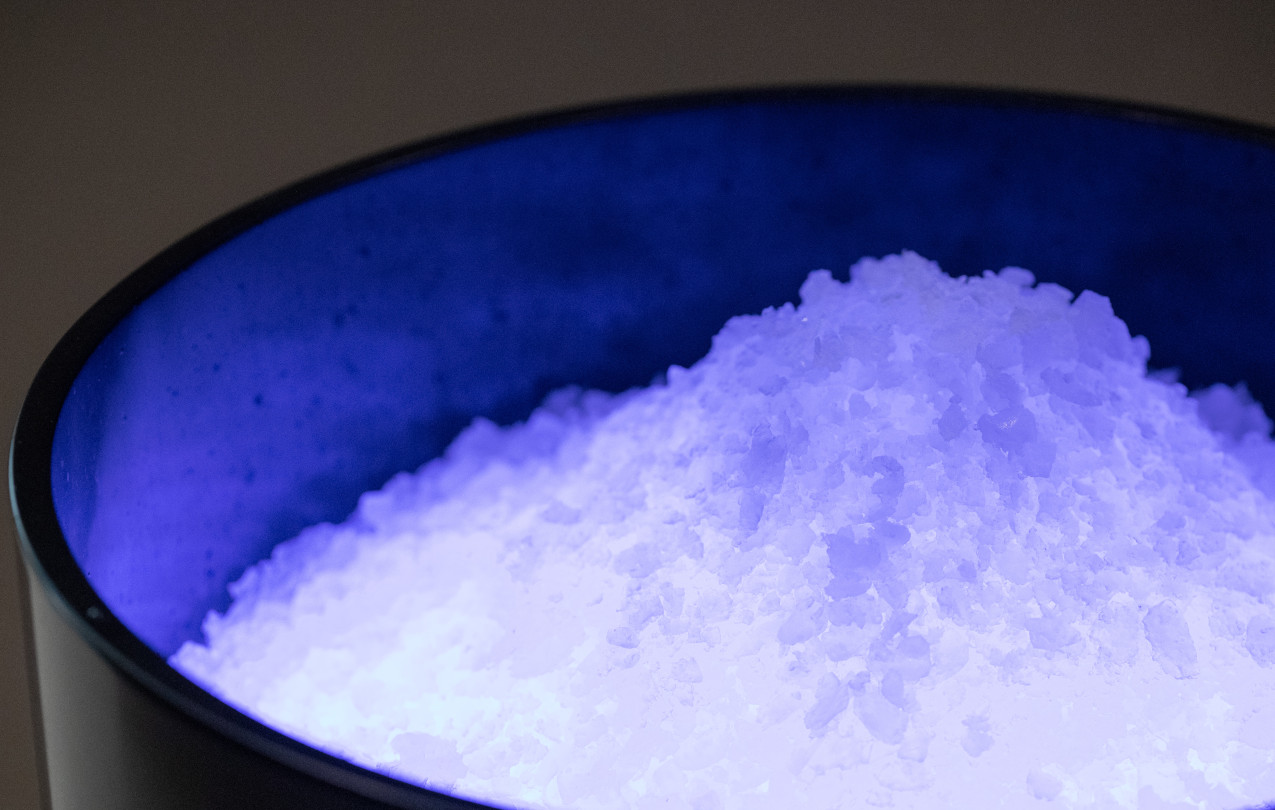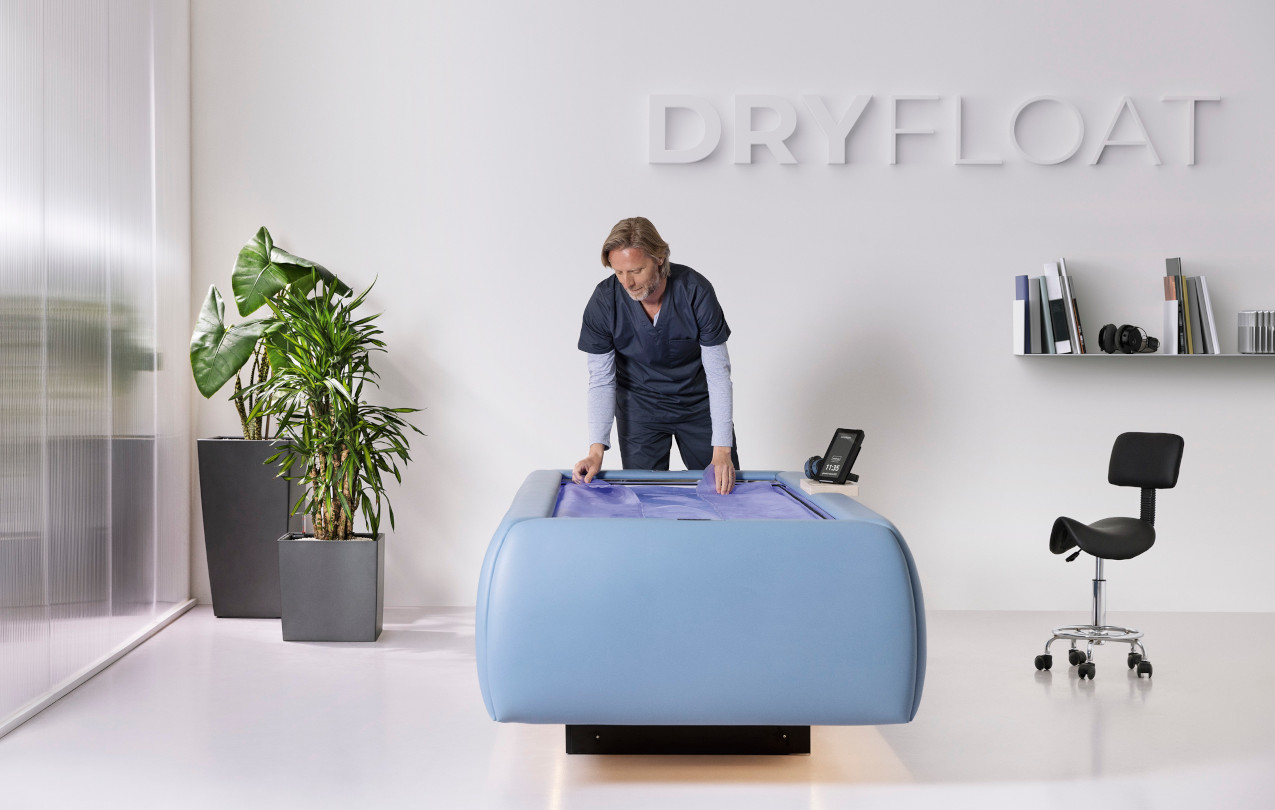The Rockefeller Neuroscience Institute of West Virginia University has always been committed to challenges in the field of social well-being. The RNI wants to improve people’s life by making the most of innovation and development in the mental health sector.
For this reason, Dr. Joshua Hangen, Principal Investigator at the Rockefeller Neuroscience Institute of WVU, launched an ambitious four-year-long scientific research project.
The primary objective of this study is to quantify the neurological system capacity for dynamic recovery from daily stress, with a special interest to the sympathetic system (fight or flight response) and parasympathetic system (rest and digest response).
The analysis aims to assess the dry floatation system on Zerobody as a way to improve the quality of sleep and focus while reducing the physiological parameters of daily stress and the individual levels of stress.






















